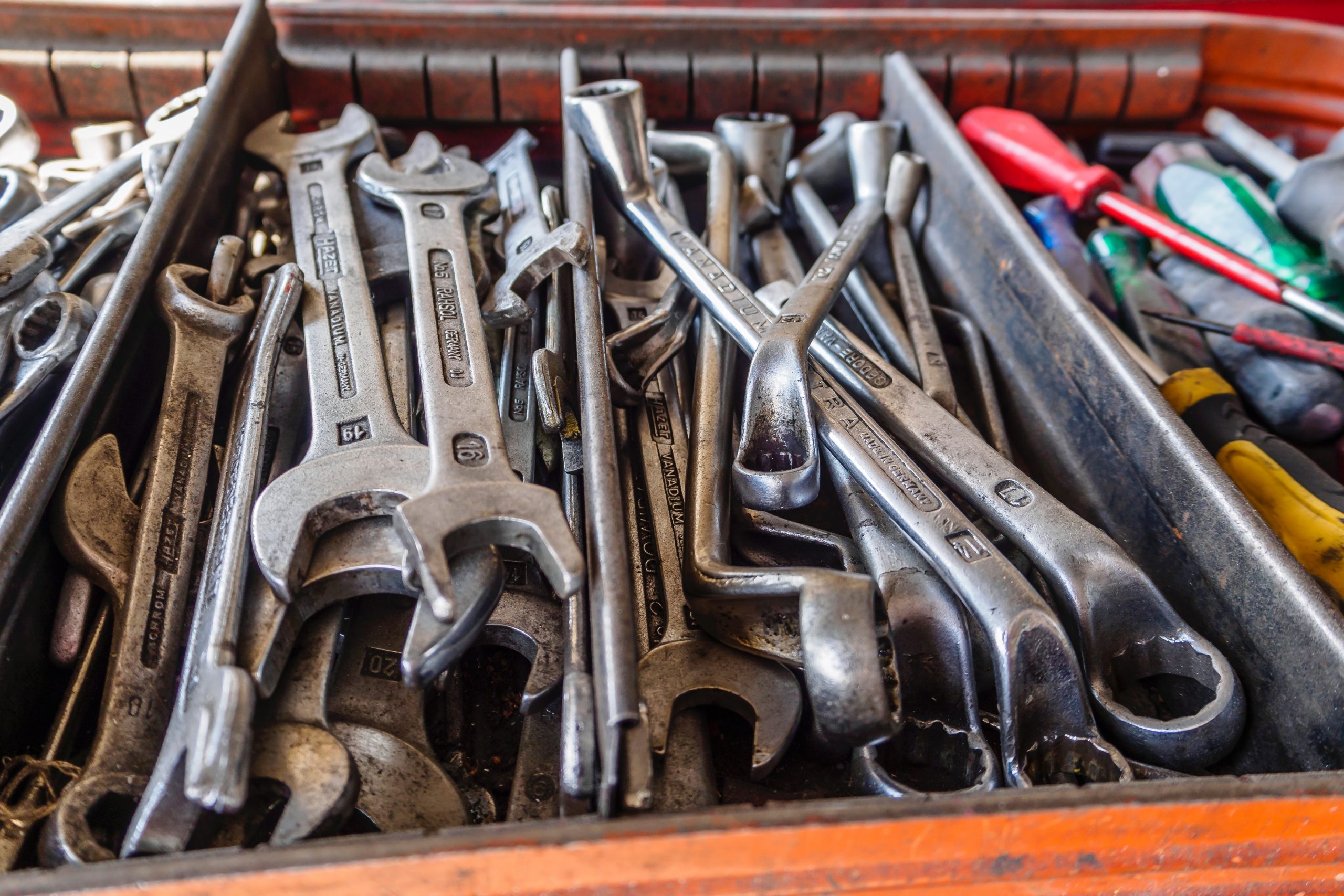Your water heater is an important piece of equipment in your home. It is responsible for heating the water that you use for bathing, cleaning, and other purposes. If it isn’t maintained properly, it can break down or stop working altogether. In this guide, we will discuss how to maintain your water heater so that it lasts as long as possible.
Inspect Your Water Heater Regularly
Your water heater can be a source of trouble if you do not inspect it regularly. If the drainage pipe is clogged, there’s always a big chance that your tank will burst and flood your home with dirty water. It’s best to check for cracks in the tank as well as blockages in the pipes during regular inspections so that you’ll know what needs repair or replacement. If your water heater is leaking, you can click here to find out more about why it’s leaking and how you can fix it. If you have a gas water heater, make sure to check the pilot light and ensure that it’s burning brightly. If not, there might be something wrong with the thermocouple and you will need to call in a professional technician. Also, keep an eye on the water pressure as too much pressure can damage your tank.
Clean The Tank And Burners
To clean the tank and burners, you will need a bucket, wet/dry vacuum, and some household detergent. First, tip the heater to its side so you can drain the water out of it. Then clean the tank using a wet/dry vacuum to remove sediment from your water heater’s bottom. After that, fill up about 50% with cold water and add half a cup of detergent into it. Make sure all components are submerged in the mixture before turning on the burner for 20 minutes or until bubbles have formed at the top of your water heater’s tank. Once done, turn off everything and let it sit overnight before draining again and refilling with cold water.
Flush The Tank
Once a year, you should flush the tank to remove any sediment that may have built up. To do this you’ll need to turn off the power to the water heater, open the pressure relief valve to release any built-up pressure, then drain the tank. Once it’s drained, close the valve and turn on the power to the unit. Let it run for a few minutes until all of the water is out of the tank, then reattach the pressure relief valve. Finally, check your water heater manual to find out where your sediment trap is located and clean it out.
Check The Temperature Setting
Water heaters usually have a dial or knob that determines the temperature setting. The standard recommendation is to set it at 120 degrees Fahrenheit as this can help save on your energy bill, which may be high if you keep it too hot. This same recommendation applies to homes with small children who might get burns from touching the water heater’s piping because of scalding hot (140-degree) water running through them. But some people go for hotter temperatures since bacteria are killed off more easily when exposed to higher temperatures, and they also enjoy taking very warm showers. If you’re one such person, then, by all means, adjust accordingly as long as you’re able to inspect other aspects of your water heater regularly.
Inspect The Piping
Make sure that the piping is in good condition and does not have any leaks. If you find any leaks, make sure to fix them immediately. Leaks can cause water damage to your home, so it is important to fix them as soon as possible. Additionally, check the insulation on the pipes to make sure that it is still in good condition. If the insulation is damaged or missing, replace it right away. Damaged insulation can lead to higher energy bills and can also increase the risk of a fire.
Contact A Professional
The last step you can take to keep your water heater in good condition is to hire a professional plumber. A professional will be able to check all the systems that are associated with your water heater and make sure that they’re doing their job. It’s also important to have someone inspect it because this way, they’ll catch any problems before they turn into serious issues down the road. Contact an experienced plumber today if you currently don’t have one on hand whenever you need them. This way, when something goes wrong with your home’s plumbing system, you’ll know exactly who to call first.
It is important to properly maintain your water heater so that you can ensure its longevity and avoid any costly repairs. By following the guidelines in this guide, you can keep your water heater running smoothly for years to come.